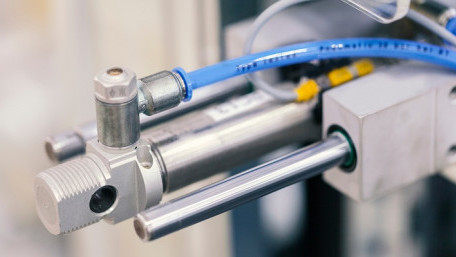
Fluid flow control is often crucial to control systems and can be achieved by incorporating control valves. In this article, we will look at the sequence valve…
Fluid flow control is often crucial to control systems and can be achieved by incorporating control valves. In this article, we will look at the sequence valve and its use in systems to automate fluid flow.

MEMS sensors enable the creation of highly sensitive, compact, and low-power devices for measuring quantities like…
MEMS sensors enable the creation of highly sensitive, compact, and low-power devices for measuring quantities like acceleration, magnetic fields, pressure, and more, and are found in automotive safety systems, navigation, and environmental monitoring.
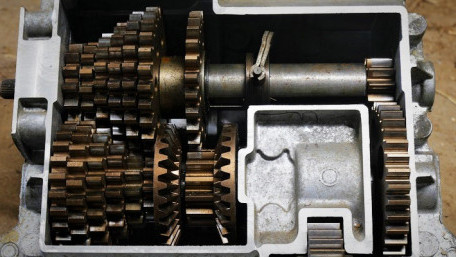
Although electrical systems often receive the highest praise for advancement, precision, and technological innovation,…
Although electrical systems often receive the highest praise for advancement, precision, and technological innovation, the world would be stuck without mechanical power delivery systems like gear drives.
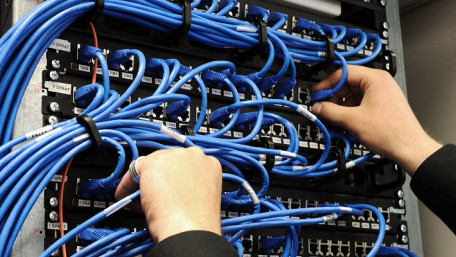
Failures are never the goal of any industrial operation. But when disaster strikes, it’s always better to have a…
Failures are never the goal of any industrial operation. But when disaster strikes, it’s always better to have a mitigation plan in place well in advance of the event to ensure timely recovery.
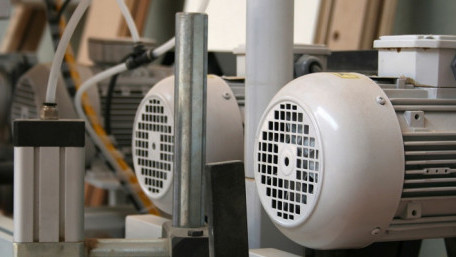
In today's modern, digitally connected world, reliable and continuous power availability, together with power quality,…
In today's modern, digitally connected world, reliable and continuous power availability, together with power quality, help optimize power consumption hence improving distribution system efficiency.
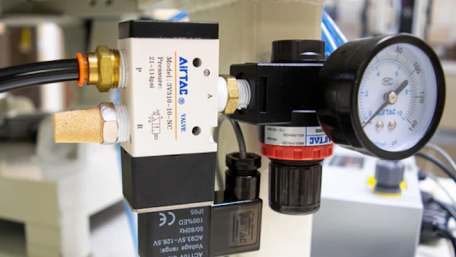
Pressure sensors are essential tools in industrial applications, required wherever there is a hydraulic or pneumatic…
Pressure sensors are essential tools in industrial applications, required wherever there is a hydraulic or pneumatic system to keep pressure quantities under control.
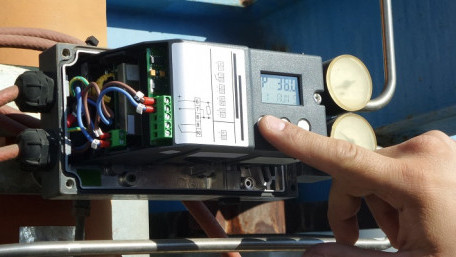
Calibration is performed on a regular basis to ensure proper measurement tool function, but how do we determine the…
Calibration is performed on a regular basis to ensure proper measurement tool function, but how do we determine the proper interval? Factors include environment, usage, and level of dependence on proper function.
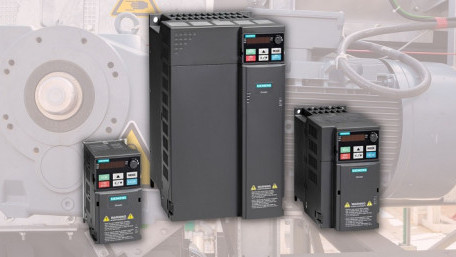
Many VFDs use digital inputs to control operation, rather than PLC-driven network communications. Learn about 2-wire and…
Many VFDs use digital inputs to control operation, rather than PLC-driven network communications. Learn about 2-wire and 3-wire digital input control schemes for ABB, Omron, Rockwell, and others.

There are many different kinds of electric motors used for industrial power transfer, but there are also hydraulic and…
There are many different kinds of electric motors used for industrial power transfer, but there are also hydraulic and pneumatic motors that can lend advantages in some situations.
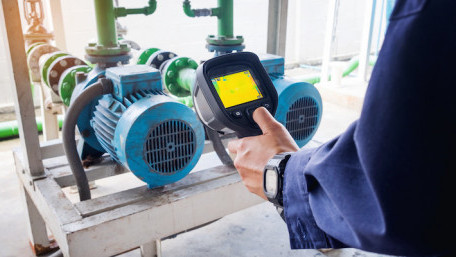
Converting thermal energy into electrical signals, temperature sensors such as RTDs and thermocouples are fundamental in…
Converting thermal energy into electrical signals, temperature sensors such as RTDs and thermocouples are fundamental in the maintenance and operation of industrial environments and equipment.
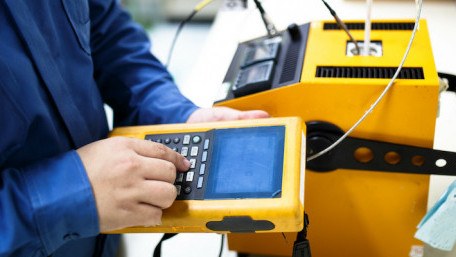
Calibration can be a time-consuming process requiring expensive traceable tools, but high-accuracy signals result in…
Calibration can be a time-consuming process requiring expensive traceable tools, but high-accuracy signals result in higher-quality products, better customer satisfaction, and, ultimately, greater returns.

No more IIoT buzzwords! This article aims to walk through an implementation of MQTT using the paho-mqtt library using…
No more IIoT buzzwords! This article aims to walk through an implementation of MQTT using the paho-mqtt library using nothing more than your local machine and some simple Python programming.
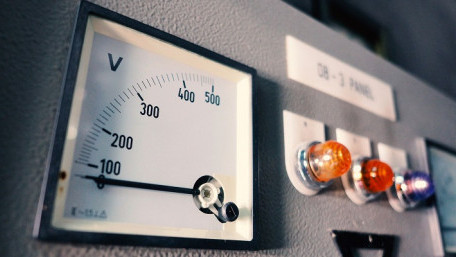
Analytics from data algorithms can predict machine failures and provide diagnostics—but what should we measure? Then,…
Analytics from data algorithms can predict machine failures and provide diagnostics—but what should we measure? Then, once the information has been collected, what trends might point to problems?
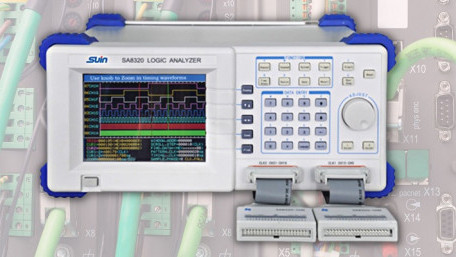
ASCII is a familiar acronym, found in applications like Modbus communications and string data types—but what is it, and…
ASCII is a familiar acronym, found in applications like Modbus communications and string data types—but what is it, and what does ASCII mean for automation engineers?

Cybersecurity is all about processes and people. A lot of threats can be mitigated through technology, but only if people…
Cybersecurity is all about processes and people. A lot of threats can be mitigated through technology, but only if people understand how cybersecurity affects control systems and related technology.
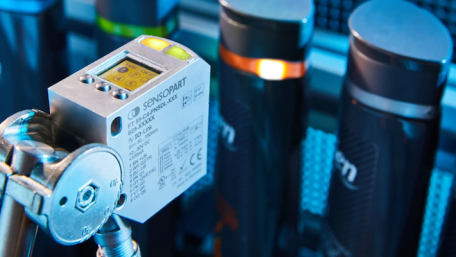
Optical sensors are one of the most popular sensor types in industrial automation. This article covers optical sensor…
Optical sensors are one of the most popular sensor types in industrial automation. This article covers optical sensor basics and commonly used types, including fiber optic, photoelectric, and optical encoders.

Safety is a concern in any system containing potential energy, whether electrical, chemical, or fluid. Each has methods…
Safety is a concern in any system containing potential energy, whether electrical, chemical, or fluid. Each has methods of protection, and for fluid systems, certain shutoff valves are used in situations when excess pressure can be a problem.
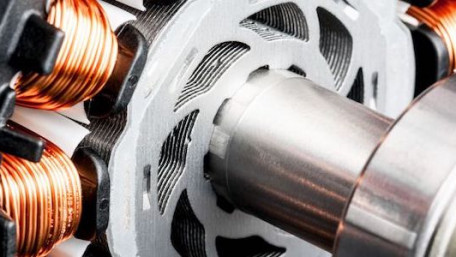
Field-oriented control (FOC), also called vector control, can control 3-phase alternating current motors and brushless DC…
Field-oriented control (FOC), also called vector control, can control 3-phase alternating current motors and brushless DC motors. Read more to learn its advantages, how it works, and its best applications.
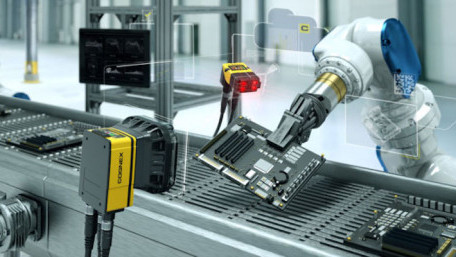
Industrial sensors can be found in nearly every modern industrial process, regardless of complexity. Learn the history,…
Industrial sensors can be found in nearly every modern industrial process, regardless of complexity. Learn the history, evolution, and variety of sensors that make manufacturing the modern marvel we see today.
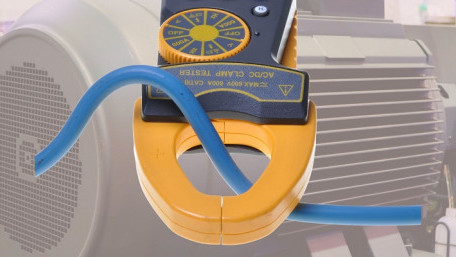
Motors consume the highest current during startup—this is a well-known fact. But logically, the slowest speed should…
Motors consume the highest current during startup—this is a well-known fact. But logically, the slowest speed should relate to the lowest power consumption. Why, then, is inrush current so high for motors?
